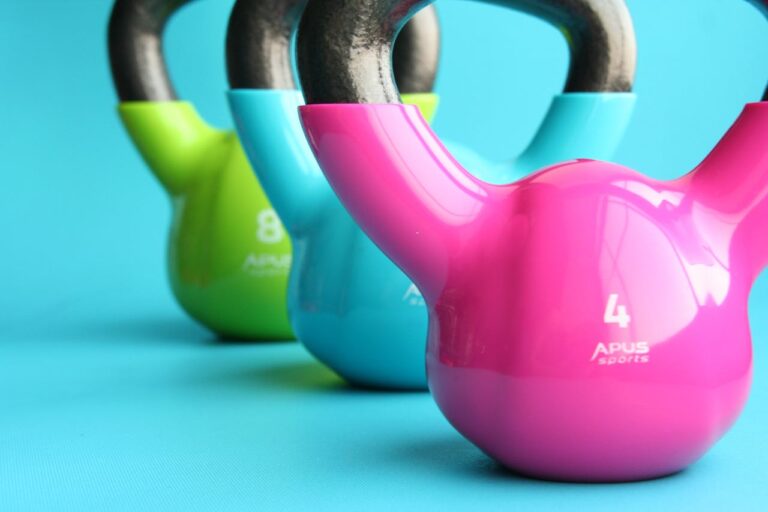Creating a home gym doesn’t have to be overwhelming or expensive. Whether you’re just starting your fitness journey or looking to upgrade your existing setup, this guide will help you make informed decisions about exercise equipment that matches your goals, space, and budget.

Start with Your Goals
Before purchasing any equipment, consider what you want to achieve. Are you focusing on strength training, cardio fitness, or overall wellness? Your goals will determine which pieces deserve priority in your shopping list.
Essential Equipment for Beginners
If you’re new to working out, start with versatile basics that don’t require a huge investment. A quality yoga mat, a set of resistance bands, and a pair of adjustable dumbbells can provide countless workout possibilities. Resistance bands are particularly great – they’re affordable, portable, and effective for both strength training and mobility work.
Cardio Equipment Worth Your Investment
When it comes to cardio machines, quality matters. A well-built treadmill or stationary bike can last for years, while budget models often need replacement within months. Consider features like:
- Built-in workout programs
- Heart rate monitoring
- Space requirements
- Noise levels (especially important for apartment dwellers)
The rowing machine deserves special mention – it provides both cardio and strength benefits while being relatively compact. Plus, it’s typically more affordable than treadmills or ellipticals.
Strength Training Essentials
For strength training, focus on multipurpose equipment. A adjustable bench and a power rack can form the cornerstone of your home gym. Add a barbell set with weight plates, and you’ll have everything needed for comprehensive strength workouts. If space is limited, consider a set of adjustable dumbbells – they replace multiple pairs of traditional dumbbells while taking up minimal space.
Smart Tech Integration
Today’s exercise equipment often comes with smart features. While Bluetooth connectivity and touchscreens are nice, don’t let these features drive your purchase decision. Focus on build quality and core functionality first. That said, if you enjoy tracking metrics or participating in online classes, these features might help keep you motivated.
Space and Storage Considerations
Look for equipment that fits your available space. Many modern pieces are designed to fold or store vertically. Consider ceiling height for power racks, floor space for cardio machines, and storage solutions for free weights. Remember to leave enough room to move comfortably around your equipment.
Making the Purchase
Research warranties and return policies before buying. Read user reviews focusing on long-term reliability rather than initial impressions. Consider buying from specialty fitness retailers rather than general department stores – they typically offer better quality equipment and more knowledgeable service.
Budget Tips
Quality exercise equipment is an investment, but there are ways to save:
- Look for last year’s models
- Watch for seasonal sales (especially January and June)
- Consider certified refurbished equipment
- Start with basics and expand gradually
Remember: the best equipment is the one you’ll actually use. Choose pieces that match your fitness preferences and lifestyle. A simple set of dumbbells you use regularly is better than an expensive machine that becomes a clothes rack.
Start small, focus on quality over quantity, and build your home gym thoughtfully over time. With the right equipment choices, you can create an effective workout space that helps you achieve your fitness goals without breaking the bank.
Hey there! We hope you love our fitness programs and the products we recommend. Just so you know, Symku Blog is reader-supported. When you buy through links on our site, we may earn an affiliate commission at no extra cost to you. It helps us keep the lights on. Thanks.
Disclaimer: The information provided in this discussion is for general informational and educational purposes only. It is not intended as medical or professional advice. Only a qualified health professional can determine what practices are suitable for your individual needs and abilities.
